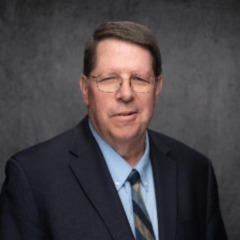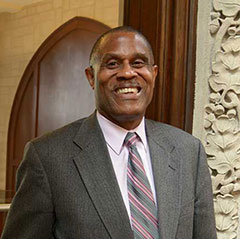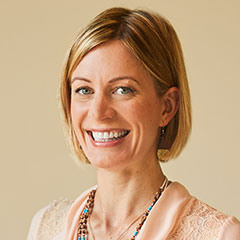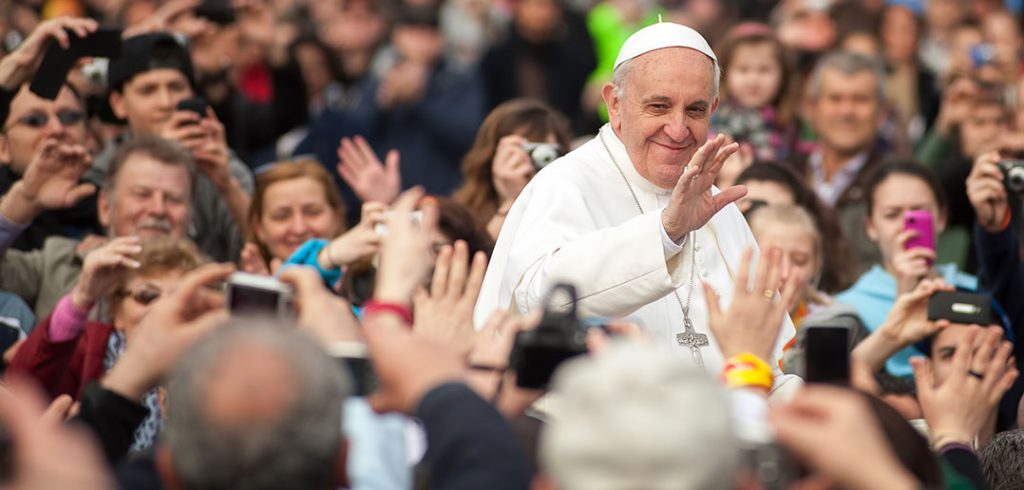Ten years ago on March 13, following the shocking resignation of Pope Benedict XVI, the world got another surprise: the elevation of a Jesuit, Jorge Mario Bergoglio, S.J., of Argentina, to the role of pontiff.
Taking the name Francis, he became the first pope to be a member of the Society of Jesus, the first from the Americas, the first from the Southern hemisphere, and the first from outside Europe since the eighth century.
At Fordham, faculty and staff reacted to the news with words like “shocked” and “an ingenious choice.” Two years later, when the pope visited New York City as part of his first visit to the United States, members of the Fordham community flocked to Central Park to catch a glimpse of him and shared their hopes for his tenure.
“As the first Jesuit to serve as pope, Francis has done the work of St. Ignatius, reminding the faithful of the central values of the Gospels and calling us to action,” said Tania Tetlow, president of Fordham.
“As a Jesuit community, Fordham celebrates the Pope’s tenth anniversary in the chair of St. Peter, and we wish him all the blessings of faith in his holy work.”
On the cusp of his 10th anniversary, Fordham News spoke with experts on the impact Francis has made on the papacy as an institution, race and gender, and the environment.
Thomas Worcester, S.J., professor of history and co-editor of The Papacy since 1500: From Italian Prince to Universal Pastor. Cambridge (Cambridge University Press, 2010)
 I think Pope Francis grew into the job. He likes the pastoral side of it very much. Compassion and mercy are what the church should be about, and I think he exudes that himself and the style he has as pope.
I think Pope Francis grew into the job. He likes the pastoral side of it very much. Compassion and mercy are what the church should be about, and I think he exudes that himself and the style he has as pope.
He’s not as happy dealing with the Roman Curia. The pope is supposed to be a unifier in the church, and I think he wants to be that. In some ways, his inclination is toward reform, and yet at the same time, there’s a caution in him, which I think all folks have to some extent.
He makes clear that change is not just possible, but desirable. Just the very fact that he understands synodality as something that has an emphasis on listening—that the pope himself needs to listen to not just other bishops, but more broadly than that—is a major change from a style that was more top-down for much of the history of the papacy.
There are some aspects of his leadership that are also very Jesuit. Some have said that those who favor access to abortion for women should not receive communion. Francis is totally against that. He makes clear that the Eucharist is not a “prize for the perfect,” but a “medicine for the weak.” He’s got a good grounding in that. In the past, Jesuits have traditionally been favorable to people receiving communion frequently, with relatively few obstacles. That’s an area where I think Francis is very Jesuit, with an emphasis on access to mercy.
Bryan Massingale, S.T.D., professor of theology and the James and Nancy Buckman Chair in Applied Christian Ethics
He will go down as one of the most consequential popes in modern church history because his signal accomplishment has been to foster a community of open dialogue and discussion.
I never thought I would ever hear a pope say words like, ‘Who am I to judge?’ the way he did in 2013, in response to a question about gay priests.
 The phrasing reverses the average person’s understanding of the church’s relationship with gay and lesbian people. Before then, the Catholic church was seen as very judgmental of LGBTQ persons and very hostile and unapproving of LGBTQ relationships. That single question ushered in a whole new era and effectively challenged that stance of knee-jerk condemnation that the Catholic church has been more associated with.
The phrasing reverses the average person’s understanding of the church’s relationship with gay and lesbian people. Before then, the Catholic church was seen as very judgmental of LGBTQ persons and very hostile and unapproving of LGBTQ relationships. That single question ushered in a whole new era and effectively challenged that stance of knee-jerk condemnation that the Catholic church has been more associated with.
More than any other pope, I think that Francis also has taken on racism as a major challenge to the Christian conscience. After George Floyd was murdered in 2020, that week in his general audience in Rome, he took a very unusual step of praying for him by name. Then he followed that with a statement that was really important. He said, ‘We cannot tolerate or turn a blind eye to racism and exclusion in any form, and yet claim to defend the sacredness of every human life.’
What’s brilliant about that is how he grounds the opposition to racism within the church’s commitment to a pro-life stance and the sacredness of every human life. He very much put his cards on the table that safeguarding the dignity of Black lives is part of the respect owed to every human life. The fact that that statement was not picked up a lot by the American bishops or pro-life Catholics in the United States shows that Francis has a more prophetic understanding of the implications of being pro-life than many American Catholics are comfortable with, especially when it comes to racism.
David Gibson, director of Fordham’s Center on Religion and Culture
 It’s been a remarkable time, and for so many people it’s been inspiring. It’s as though the windows are open and light and fresh air are coming in. For another segment of the church, that’s a very unsettling, even threatening prospect. So his papacy has sparked far more backlash than I expected. But the backlash and the opposition to Francis make you realize how much this was needed in the church. There have been so many decades of quashing dissent or even discussion, and now people are free to speak their minds.
It’s been a remarkable time, and for so many people it’s been inspiring. It’s as though the windows are open and light and fresh air are coming in. For another segment of the church, that’s a very unsettling, even threatening prospect. So his papacy has sparked far more backlash than I expected. But the backlash and the opposition to Francis make you realize how much this was needed in the church. There have been so many decades of quashing dissent or even discussion, and now people are free to speak their minds.
It’s interesting that so much of the fierce opposition has come from a certain segment of American Catholics. I think it’s important to keep it in perspective. The U.S. Church counts for about 5% of the global Catholic population of 1.3 billion. The opposition to Francis is relatively small, but it is very vocal, and very passionate, to the point of even being destructive.
He’s made it so clear that everybody should be free to speak their mind, and that no topic is out of bounds. For a center that is founded on public discussion, that’s oxygen for us. Francis has also stressed the importance of culture as a connecting tissue for different people. I totally agree. Culture provides a rare piece of common ground for discussions. People can come together over the arts and literature and other cultural manifestations.
He’s elevated the role of lay people, especially women. At the Vatican, putting them in offices over clerics—that’s unheard of. But there are still concrete steps that need to be taken in order to have any difference on the ground. Laypeople need to be able to preach. Women need to be able to preach. Women need to be ordained as deacons. Unless there’s some upsurge in priestly vocations, which doesn’t seem likely, there need to be other things that are going to affect changes on the ground in parishes.
Christiana Zenner, Ph.D., associate professor of theology, science, and ethics
 One of the things that has continued to surprise and delight me and other watchers of ecological ethics is how Francis’ encyclical about the environment, Laudato Si’ continues to resonate with people of many faiths, as well as those with none. The planetary reach of that document seems to be real. People ranging from secular Jewish feminists to atheist students to “cradle to grave” Catholics have all found things to love in this document.
One of the things that has continued to surprise and delight me and other watchers of ecological ethics is how Francis’ encyclical about the environment, Laudato Si’ continues to resonate with people of many faiths, as well as those with none. The planetary reach of that document seems to be real. People ranging from secular Jewish feminists to atheist students to “cradle to grave” Catholics have all found things to love in this document.
What’s distinctive to him in the contemporary era is the way that this encyclical is part and parcel of how he walks the walk and talks the talk. Popes can write lots of documents that have different kinds of impact, but it seems to me that Pope Francis has also really tried to embody what’s in this document. He has worked interreligiously on climate change and environmental refugees and migration more generally by talking about global capitalism and its excesses and has by himself modeled a more modest approach, from his domestic quarters to the footwear he chooses. So I think that it is a document with which his own personal charism is uniquely integrated and I think for that reason it will be a lasting legacy of his papacy.
Pope Francis also talks a lot about the wisdom of indigenous cultures and ecological values, and the primacy that ought to be accorded to indigenous communities before major projects are done on their land. This is a pretty radical statement for a historically universalizing, colonizing church.
So I would love to see him and the Catholic church continue to explore what it means to live up to those best ideals.

